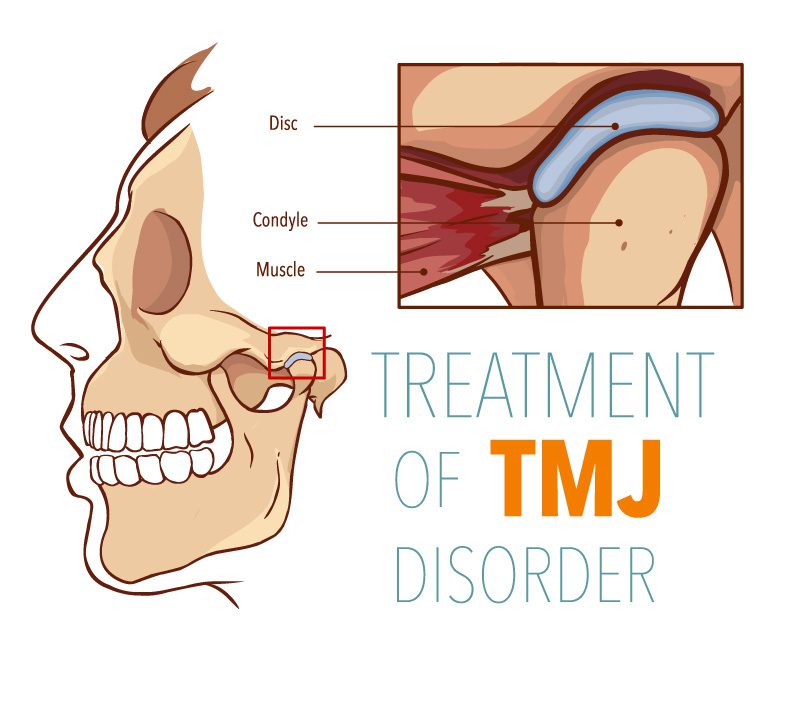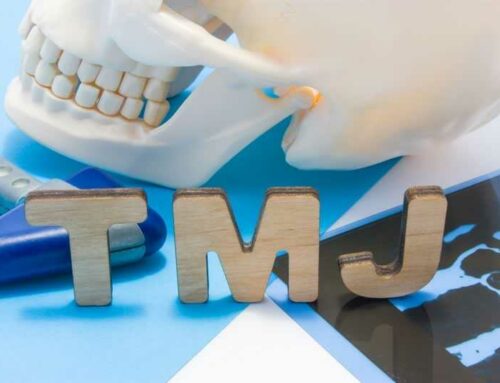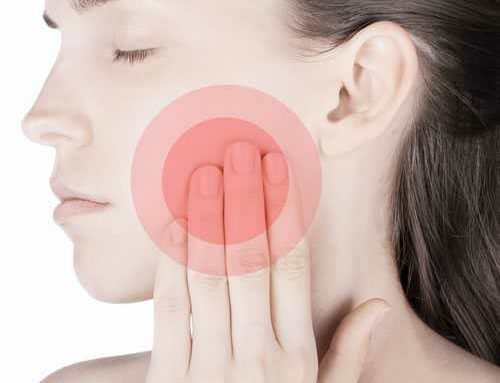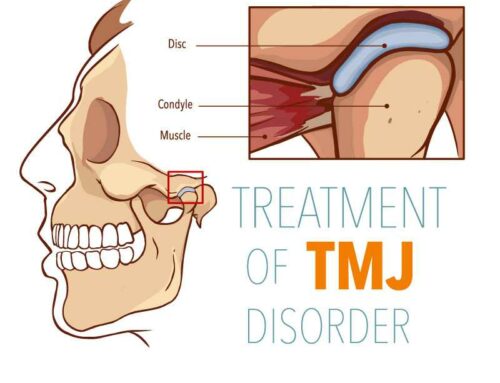Temporomandibular joint disorder (TMJ) can be a painful and disruptive condition. At the start, you may seek advice from your oral care provider. In mild cases, small changes can be made to offer relief. But when this joint becomes irritated or dysfunctional, it can lead to persistent pain, reduced jaw mobility, and symptoms that can ripple throughout the entire head and neck area.
As more people begin to recognize the strong connection between stress and TMJ, it becomes clear that emotional health plays a major role in jaw function. For many patients, the root causes of TMJ pain may appear physical—poor posture, teeth misalignment, arthritis, or an injury. However, there’s often a deeper, less visible culprit that contributes significantly to its development: stress and anxiety.
The Link Between TMJ and Stress
Stress doesn’t just affect your mind—it has a direct physiological impact on your body. Some individuals may develop TMJ from stress without even realizing it. While some patients may feel the immediate effects of a stressful day through headaches or fatigue, others begin to develop TMJ symptoms more gradually—tightness in the jaw, discomfort when chewing, or pain along the side of the face. In many of these cases, chronic stress is silently fueling the condition.
A common result of stress, for example, is the unconscious clenching of teeth and tensing of jaw muscles. As stressed individuals continue to do these things (largely unknowingly) over extended periods of time, they can tend to strain their facial muscles and possibly even cause damage to their temporomandibular joints.
This is where the connection between TMJ and stress becomes particularly important. The muscles of the jaw are operated and activated by the trigeminal nerve, which is the same nerve that controls our fight-or-flight response. When we are emotionally distressed or feeling high levels of anxiety, this nerve can become overactive, causing not only tension in the jaw but also strain on the joints.
So, remember, when you experience high levels, it could easily lead to jaw problems, among other conditions. Also, bear in mind, should you be experiencing TMJ symptoms, they are usually a signal that you need to effect some kind of lifestyle change, including a possible reduction in stress.
Can Anxiety Cause TMJ Disorder?
Yes, anxiety can cause TMJ disorder or exacerbate existing symptoms. There is a well-established link between anxiety and jaw pain. Patients suffering from anxiety frequently report teeth grinding at night or clenching their jaw throughout the day without realizing it. These behaviors, while often subconscious, lead to muscle fatigue, inflammation, and wear on the joint. As a result, patients enter a vicious cycle—where TMJ pain worsens anxiety symptoms, and increased anxiety, in turn, heightens the physical manifestations of TMJ.
As the physical symptoms of TMJ and anxiety progress, patients frequently report worsening emotional distress. TMJ anxiety is real—and for many, the ongoing pain feeds into their anxiety symptoms. In severe cases, the overstimulation of cranial nerves can cause neurological sensations like dizziness, numbness in the arms, and tingling in the fingers. These can mimic or intensify anxiety symptoms, making it difficult to determine where the physical condition ends and the emotional distress begins.
TMJ Symptoms Caused by Stress and Anxiety
The symptoms of TMJ from stress and anxiety often develop gradually. Common indicators include:
- Aching jaw pain or soreness, especially after waking
- Clicking or popping sounds when opening the mouth
- Headaches near the temples or behind the eyes
- Pain that radiates through the jaw and neck muscles
- Ringing in the ears (tinnitus)
- Limited mouth opening or difficulty chewing
One of the less recognized signs of stress-induced TMJ is referred pain and discomfort in the shoulders, neck, or upper back. When the jaw and neck muscles remain tense for long periods, they begin to affect adjacent areas, further compromising the patient’s comfort and mobility. Left untreated, these symptoms can lead to long-term pain, poor sleep quality, and even panic attacks as a result of chronic physical and emotional distress.
The link between TMJ disorder and anxiety becomes even more evident as patients begin to notice that their TMJ symptoms worsen during periods of emotional stress. In fact, stress and anxiety can cause TMJ symptoms to flare up unexpectedly, particularly during high-pressure situations.
Effective TMJ Treatment Options at the Head and Neck Centers of Excellence
If you suspect your TMJ symptoms are caused by stress or anxiety, you are not alone. Many people suffer in silence, unaware that their anxiety may contribute to TMJ. Others simply believe their symptoms are untreatable or isolated. The truth is: stress and TMJ are often linked, and treating one without addressing the other often leads to short-term relief at best.
The good news? You don’t have to live with this pain. At The Head and Neck Centers of Excellence, our dedicated team is here to help you uncover the true cause of your discomfort and begin a personalized treatment plan. Whether you’re dealing with anxiety and jaw pain, chronic clenching, or lingering headaches, we offer drug-free, non-invasive solutions that can restore comfort and confidence.
At The Head and Neck Centers of Excellence, we go beyond temporary symptom relief to uncover and address the root causes of TMJ disorder. Our exclusive A.S. Remodeling Protocol® includes:
- Precision therapy for the jaw, neck, and facial muscles
- Restoration of proper alignment using Chiropractic BioPhysics (CBP)
- Postural correction with FDA-cleared iTrac® technology
- Targeted soft-tissue therapies to ease tension and promote healing
Take Control of Your TMJ—And Your Health
If you’re experiencing symptoms that suggest a TMJ diagnosis and suspect that stress or anxiety may be the cause, we encourage you to schedule a consultation with a TMJ doctor at the Head and Neck Centers of Excellence.
We can evaluate your TMJD and determine your underlying cause, and if you are a candidate for our exclusive AS remodeling Protocol. This involves rehabilitation and therapy of the neck, jaw and scalp muscles as well as the muscles of mastication. Call today for an appointment and take the first step toward long-lasting relief from stress and TMJ.






